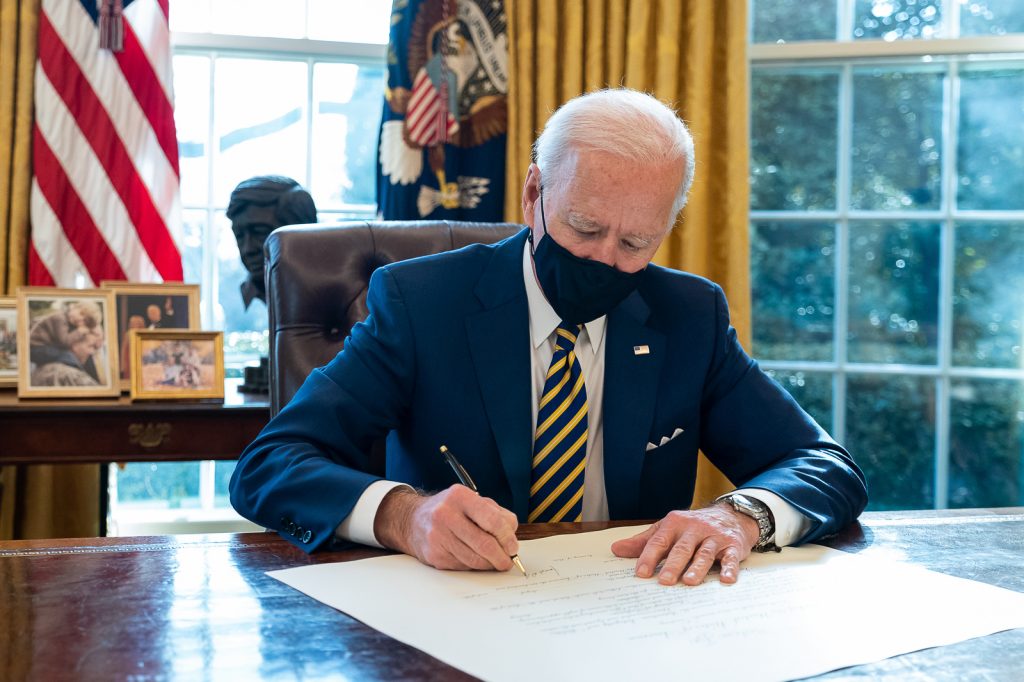Biden Administration Challenges Arkansas’ SAFE Act

On Thursday President Biden’s U.S. Department of Justice filed a statement of interest opposing Arkansas’ Save Adolescents From Experimentation (SAFE) Act in federal court.
The SAFE Act is a 2021 law that protects children in Arkansas from sex-reassignment procedures, puberty blockers, and cross-sex hormones.
The DOJ’s statement filed on Thursday calls sex-reassignment procedures “life-saving care” and argues that the SAFE Act violates the U.S. Constitution.
The brief also claims that Arkansas’ reasons for supporting the SAFE Act are “mere pretext for animus against transgender minors” — in other words, that Arkansas’ policymakers must secretly be motivated by hate instead of a desire to help children.
But as we have said time and time again, researchers do not know the long term effects puberty blockers and cross-sex hormones can have on kids.
The U.S. Food and Drug Administration has never approved puberty blockers and cross-sex hormones for the purpose of gender transition. Doctors are giving these hormones to kids off-label, in a manner the FDA never intended.
That is why many experts agree that giving puberty blockers and cross-sex hormones to children is experimental, at best.
That’s also why a major hospital in Sweden announced earlier this year that it would no longer administer puberty blockers and cross-sex hormones to children.
It is deeply disappointing that the federal government would use taxpayer dollars to oppose a law that protects children from experimentation. Fortunately, Arkansas’ Attorney General’s office is fighting back, and we believe that federal courts will uphold this good law.
Read The DOJ’s Statement of Interest Opposing the SAFE Act Here.





